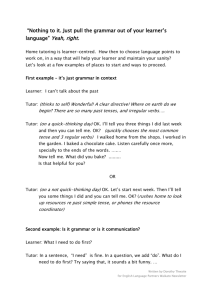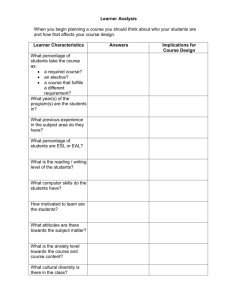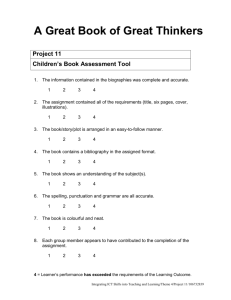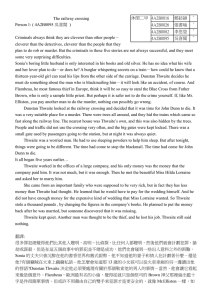The Value of Vocabulary - English Language Partners
advertisement
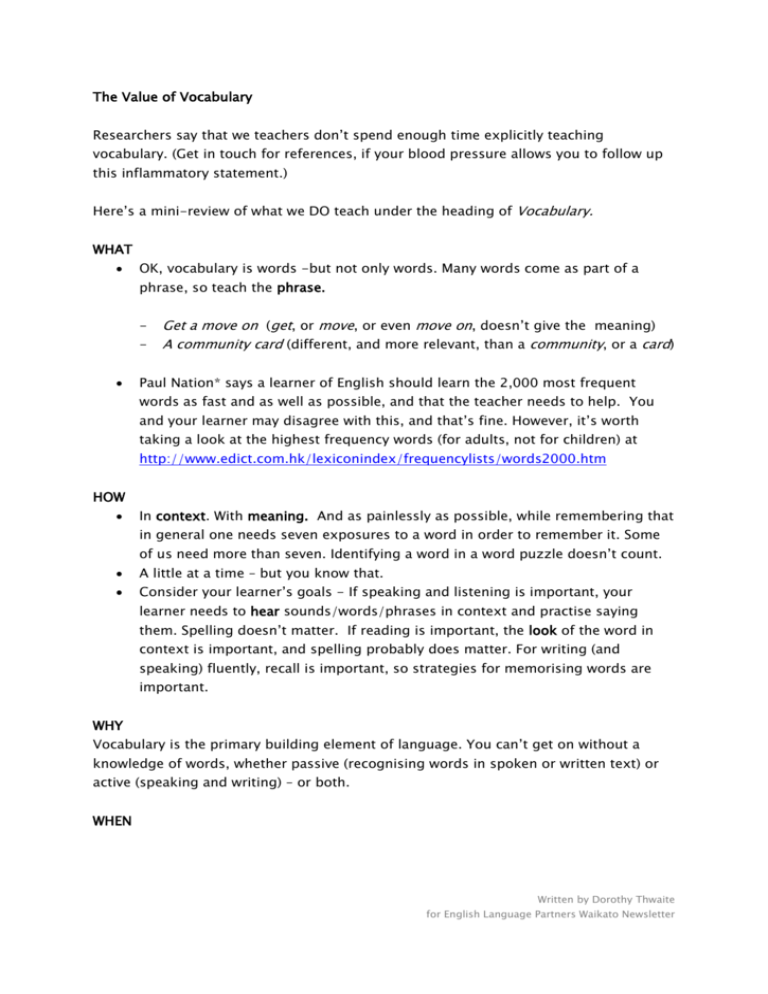
The Value of Vocabulary Researchers say that we teachers don’t spend enough time explicitly teaching vocabulary. (Get in touch for references, if your blood pressure allows you to follow up this inflammatory statement.) Here’s a mini-review of what we DO teach under the heading of Vocabulary. WHAT OK, vocabulary is words -but not only words. Many words come as part of a phrase, so teach the phrase. - Get a move on (get, or move, or even move on, doesn’t give the meaning) A community card (different, and more relevant, than a community, or a card) Paul Nation* says a learner of English should learn the 2,000 most frequent words as fast and as well as possible, and that the teacher needs to help. You and your learner may disagree with this, and that’s fine. However, it’s worth taking a look at the highest frequency words (for adults, not for children) at http://www.edict.com.hk/lexiconindex/frequencylists/words2000.htm HOW In context. With meaning. And as painlessly as possible, while remembering that in general one needs seven exposures to a word in order to remember it. Some of us need more than seven. Identifying a word in a word puzzle doesn’t count. A little at a time – but you know that. Consider your learner’s goals - If speaking and listening is important, your learner needs to hear sounds/words/phrases in context and practise saying them. Spelling doesn’t matter. If reading is important, the look of the word in context is important, and spelling probably does matter. For writing (and speaking) fluently, recall is important, so strategies for memorising words are important. WHY Vocabulary is the primary building element of language. You can’t get on without a knowledge of words, whether passive (recognising words in spoken or written text) or active (speaking and writing) – or both. WHEN Written by Dorothy Thwaite for English Language Partners Waikato Newsletter Little and often, like most necessary but humdrum things. Introduce a few, test a few, review a few – say 5 minutes a session? Like pronunciation drills. Too much leads to instant indigestion. WHO Your learner, mostly. The best teaching you can offer in your hour or two a week together is guidance on which areas of vocabulary to concentrate on, and on strategies for learning vocabulary. 99% of the learning has to take place when you are not together. Try working on the strategies that you use and trust (look/cover/write? Rote repetition? Cue cards?) Find out what strategies your learner uses and encourage those. Look up some memory techniques and experiment with them. Give heaps of encouragement. In other words, keep up the splendid work you’re doing right now! *Guru and hero of vocabulary teaching and learning, right here in New Zealand. http://www.victoria.ac.nz/lals/staff/paul-nation.aspx Written by Dorothy Thwaite for English Language Partners Waikato Newsletter


